BEOGRAD, 16.02.2018. – U nastavku suđenja za ubistvo Slavka Ćuruvije, novinara i vlasnika Dnevnog telegrafa i Evropljanina, u sredu 17. januara, očekuje se svedočenje Nenada Radovića, pripadnika redakcijskog obezbeđenja koji je bio dežuran na dan ubistva. Iz suda najavljuju i da će biti “izvođena i pisana dokumentacija”.
Radović je još jedan pripadnik obezbeđenja koje je do sada predložila odbrana okrivljenih, smatrajući da je Tužilaštvo za organizovani kriminal pogrešilo što ove svedoke nije predložilo i što oni nisu saslušani.
Sa druge strane, Slobodan Ružić, advokat dece ubijenog novinara, Radeta i Jelene Ćuruvije, smatra da je pozivanje ovih svedoka pokušaj odbrane „da stvori sliku da je možda neko drugi ubio Slavka Ćuruviju“, što je, kako je nedavno izjavio, „besmisleno, jer ti momci nisu bili pripadnici obezbeđenja Slavka Ćuruvije već redakcije Dnevnog telegrafa i Evropljanina“.
Slavko Ćuruvija ubijen je na Uskrs 11. aprila 1999. godine u haustoru zgrade pored koje je živeo. Po povratku iz šetnje, u društvu Branke Prpe, njemu je sa leđa prišao ubica i ispalio 17 metaka u glavu, vrat i leđa, dok je Branku Prpu, prema optužnici, drškom pištolja u desnu stranu potiljka udario pomagač kako ne bi videla ubicu.
Svedok bio nedaleko od mesta ubistva
Pozvani svedok Radović je u trenutku ubistva – prema onome što su do sada svedočile njegove kolege iz obezbeđenja redakcije DT – sedeo u portirnici dvorišne zgrade u kojoj se u prizemlju nalazila izmeštena redakcija Dnevnog telegrafa, a u potkovlju iste zgrade stan Slavka Ćuruvije. Portirnica je gledala na dvorište i parking, i nalazila se oko 30 metara udaljena od mesta ubistva.
Svedok Igor Kokot, jedan od pripadnika obezbeđenja redakcije Dnevnog telegrafa i Evropljanina, ispričao je 17. novembra 2017. godine pred tročlanim sudskim većem Posebnog odeljenja Višeg suda u Beogradu, kojim predsedava sudija Snežana Jovanović, da ga je telefonom pozvao Radović i saopštio mu da je Ćuruvija ubijen, da misli da je Prpa povređena i pitao ga šta da radi.
Prema svedočenju Kokota, pet do šest dana pre ubistva, Slavko Ćuruvija nije izlazio iz svog stana. Na dan ubistva, kad je sa Brankom Prpom izašao, pozvao ga je dežurni Radović i pitao da li treba da pođe za nijima, na šta mu je Kokot odgovorio da ne treba i da Slavko i Branka idu na ručak.
U trenutku ubistva, rekao je Kokot, Radović je sedeo u portirnici i čuo vrištanje Branke Prpe. Istrčao je i video Ćuruviju kako leži na zemlji, Prpu pored njega i nikoga više. Pola sata nakon toga, Kokot je stigao do mesta ubistva, Slavkovo telo bilo je prekriveno, ljudi su se već okupili, a policija nikome nije dozvoljavala pristup. Sa Radovićem i još jednim penzionerom iz obezbeđenja proveo je noć na mestu ubistva.
S poštovanjem o Ćuruviji
Za ubistvo Slavka Ćuruvije osumnjičen je tadašnji vrh Resora državne bezbednosti Srbije: prvookrivljeni Radomir Marković, nekadašnji načelnik Resora državne bezbednosti Srbije tereti se da je organizovao ubistvo, zajedno sa drugookrivljenim Milanom Radonjićem, u to vreme netom postavljenim načelnikom Centra Resora državne bezbednosti Beograd. Kao izvršioc okrivljen je rezervista RDB Miroslav Kurak, koji je u bekstvu a kao pomagač Ratko Romić, nekadašnji glavni inspektor Druge uprave RDB.
U danima pre ubistva Ćuruviju je u smenama pratilo 27 pripadnika Devetog, pratećeg, odeljenja Resora državne bezbednosti. Njima je naređeno da se povuku sa položaja neposredno pre zločina.
Suđenje je počelo u junu 2015. godine, do sada su saslušani svi svedoci optužbe. Odbrana je pozvala svega nekoliko svedoka, a među njima i pripadnike obezbeđenja redakcije Dnevnog telegrafa i Evropljanina, od kojih su do sada već svedočili šef obezbeđenja Darko Popivoda (17. oktobra 2017.), Igor Kokot (17. novembra), Dejan Mihajlović (28. novembra) i Nenad Kokot (21. decembra).
Prema onome što su ispričali, bili su angažovani kao obezbeđenje redakcije DT-a i Evropljanina kako bi je zaštitili od pretnji. Igor Kokot je izjavio da je njegov posao bio da zaustavlja ljude na ulazu i pita ih gde idu. Rekao je da niko od njih nije bio obezbeđenje Slavka Ćuruvije, istakavši da on zna šta znači biti lično obezbeđenje, jer je taj posao radio za jednog od političara.
O Ćuruviji su govorili s poštovanjem, kao o veoma korektnom poslodavcu kome su se trudili da pomognu i pored neredovnih primanja u vreme kada je država počela da ga proganja i oduzimanjem sredstava i imovine. Napominjali su da su ga ponekad pratili na tribinima koje je organizovao u danima kada se borio za pravo da slobodno izdaje novine.


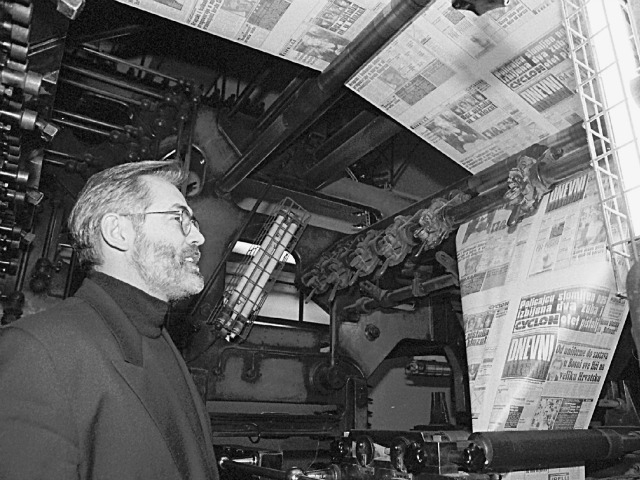
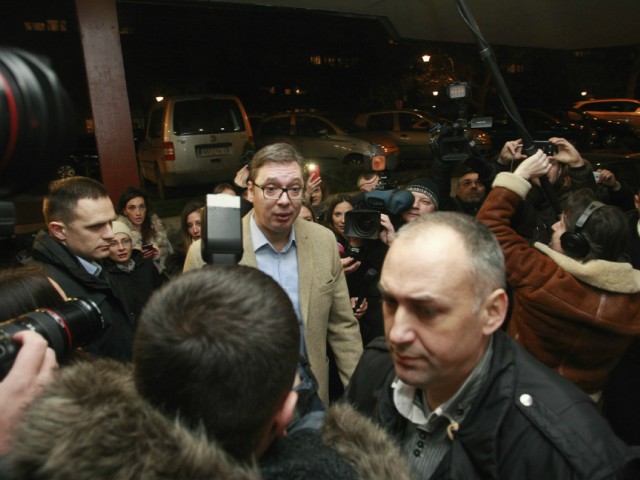
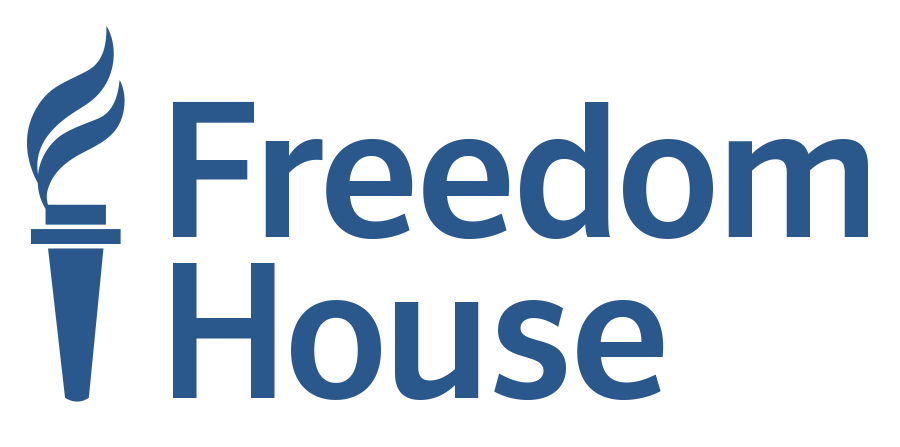
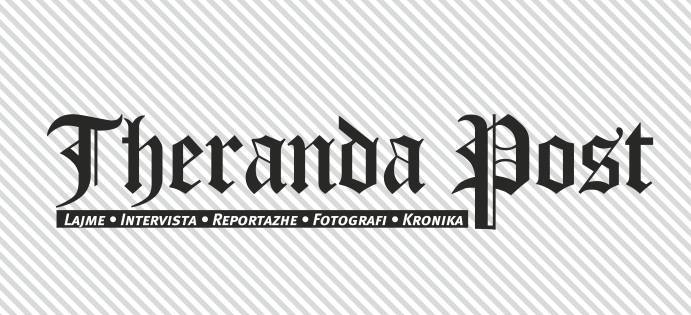
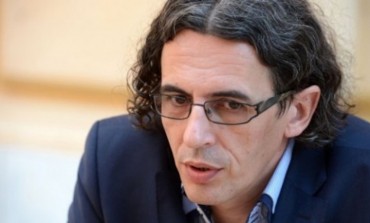
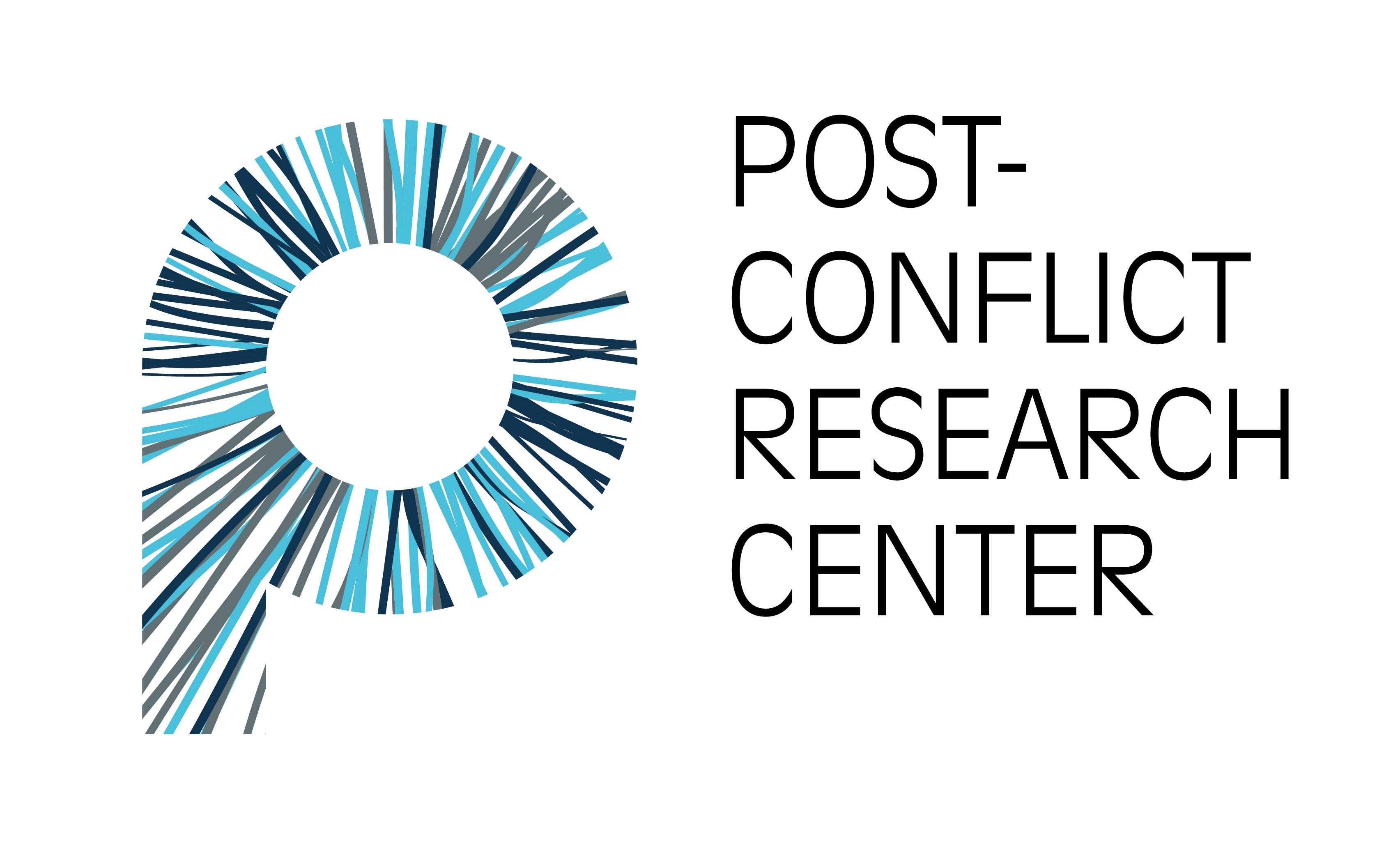
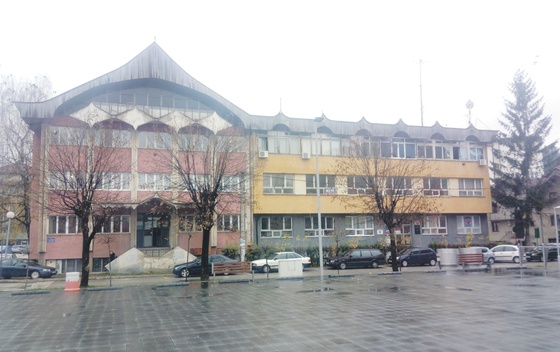
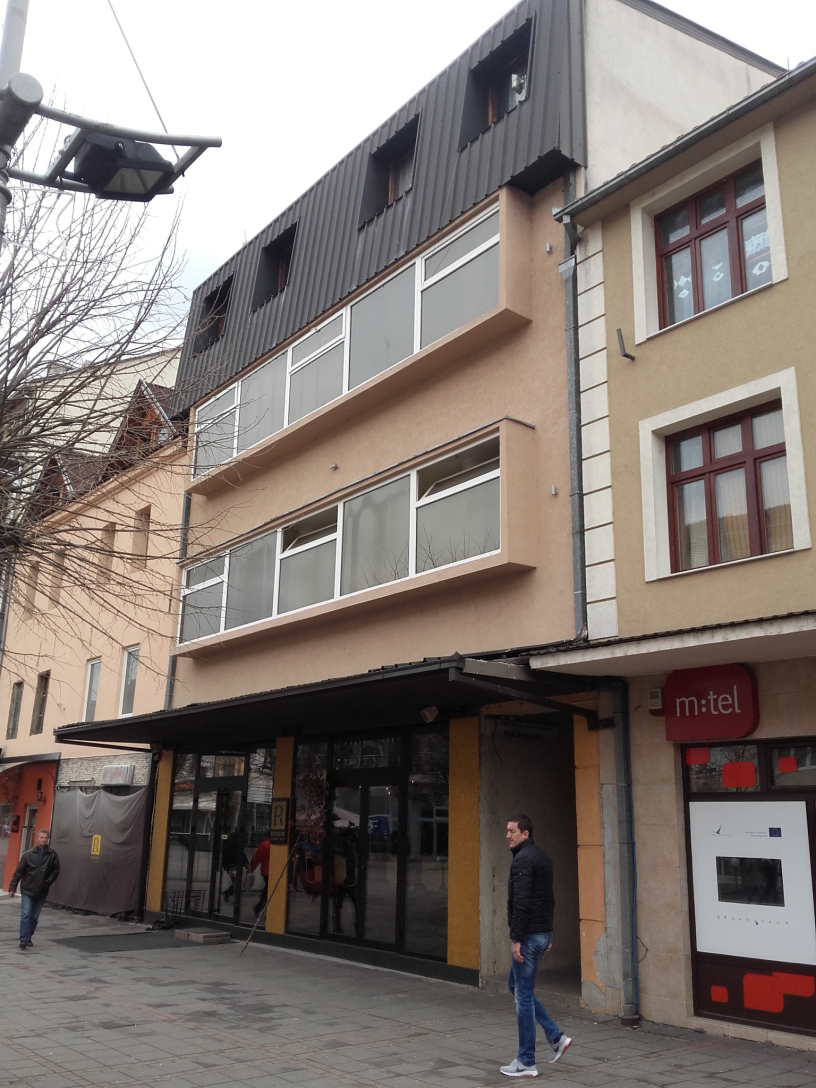
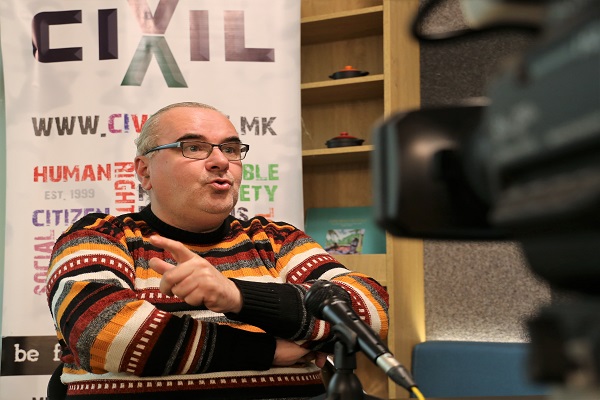
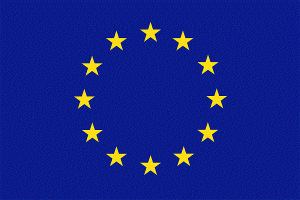 Овој проект е финансиран од Европската Унија преку програмата за мали грантови „Заштита на слободата на медиумите и слободата на изразување во Западен Балкан“ спроведена од Здружението на хрватските новинари, како дел од регионалниот проект „Регионална платформа на Западен Балкан за слобода на медиумите и безбедност на новинарите”, спроведена преку партнерство на шест регионални новинарски здруженија – Здружение на независни новинари на Србија, Здружение на новинари од Босна и Херцеговина, Здружение на новинари на Хрватска, Здружение на новинари на Косово, Здружение на новинари на Македонија и Синдикатот на медиуми на Црна Гора.
Овој проект е финансиран од Европската Унија преку програмата за мали грантови „Заштита на слободата на медиумите и слободата на изразување во Западен Балкан“ спроведена од Здружението на хрватските новинари, како дел од регионалниот проект „Регионална платформа на Западен Балкан за слобода на медиумите и безбедност на новинарите”, спроведена преку партнерство на шест регионални новинарски здруженија – Здружение на независни новинари на Србија, Здружение на новинари од Босна и Херцеговина, Здружение на новинари на Хрватска, Здружение на новинари на Косово, Здружение на новинари на Македонија и Синдикатот на медиуми на Црна Гора.
